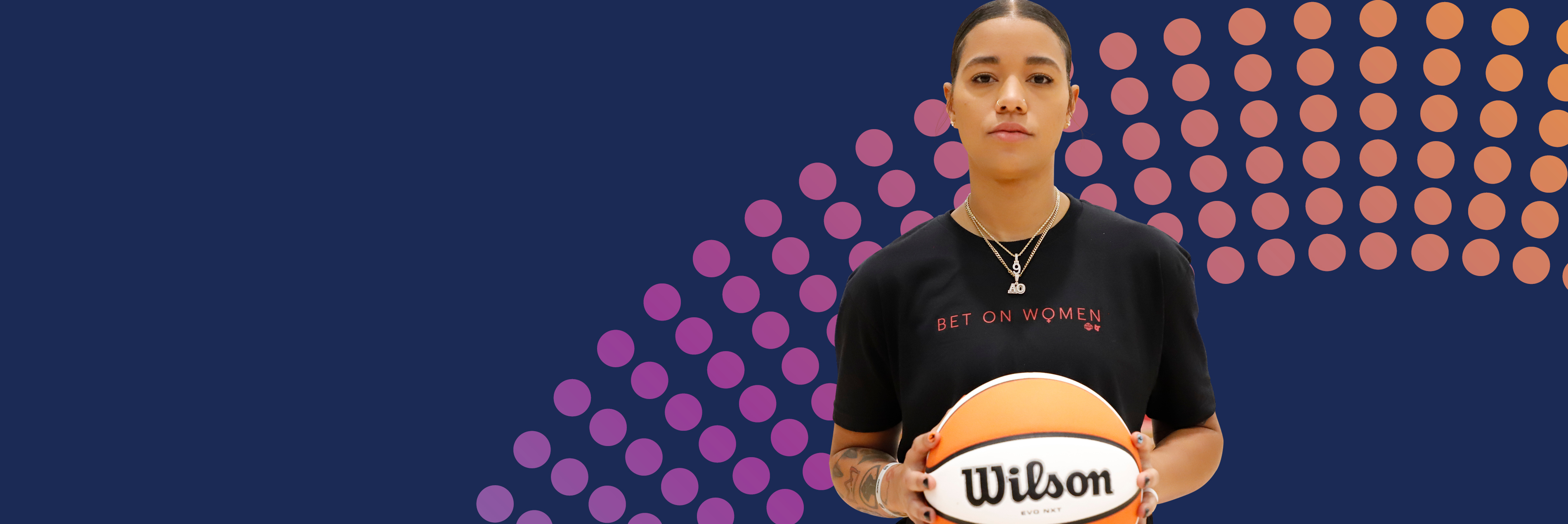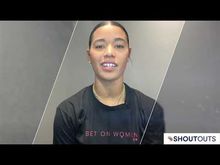From its earliest beginnings, the U.S. economy and its institutions were structured with a racial hierarchy that enslaved and justified the oppression of Black, Indigenous, and People of Color (BIPOC) and benefited Whiteness. Today, while slavery has long since been abolished, these structures are largely still in place. We can still trace it to the racial wealth gaps, economic exclusion, and unbalanced issues of police brutality and Black imprisonment across the country.
The Black imprisonment rate at the end of 2018 was more than five times the rate among Whites.1 This uneven demographic of prisoners is completely disproportionate to the demographics of the country as a whole, and ties back to a long history of systemic oppression and violence against the Black community.
Black Americans also endure disproportionately harsh prison sentences and police brutality leading to murder.2 It’s been more than a year since the murders of George Floyd, Breonna Taylor, Ahmaud Arbery and too many others, and the ensuing rage and protests across the country, demanding justice. These murders were just the tipping point—the tip of a very large iceberg—rooted in a long history of systemic racism against Black Americans. While we absolutely affirm the decision to hold Derek Chauvin, George Floyd’s murderer, accountable for his actions, there is a long road ahead in the fight for racial justice.
At Amalgamated, we stand for the just, fair, and equitable treatment of Black, Indigenous, and People of Color. In a society that advantages Whiteness, we understand our obligation to recognize and correct systems of racial exclusion and oppression so that all people have equal opportunities to thrive.
The WNBA has been an absolute social justice warrior, with its players actively leading the fight for change and progress on issues such as racial justice. We are proud to be working alongside the WNBPA and its players/activists as social responsibility partner on issues as greatly important as racial justice. WNBA champion with the Washington Mystics and member of the Board of Player Representatives, Natasha Cloud has been a champion for this issue, so we are honored to join our platform with hers to make a bigger impact on the fight for racial justice and equality.
“It’s clear that we can’t just sit on the sidelines,” said Natasha Cloud in her exclusive Shout Out video with Amalgamated Bank.
Watch her full Shout Out video below.
Inspired by our collaboration with activist/player Natasha Cloud, we will also contribute to Sister Song through our WNBPA Social Impact Fund, alongside other organizations working for social, racial, economic and gender justice. Sister Song is national membership organization committed to protecting the reproductive and basic human rights of Indigenous women and women of color. Their work is mainly achieved through training and leadership development programs, and advocacy for reproductive justice.
In the past year, Amalgamated took a strong stand in support of the Black Lives Matter movement, rewrote our corporate vision statement to explicitly include racial justice as a priority, established an employee-led Racial Justice Taskforce to help address racial equity in internal practices, and we were the first U.S. bank to endorse H.R. 40 calling upon the Federal Government to form a Commission to explore reparations for African Americans. In addition, Amalgamated Bank has added “Racial Justice” to its list of official Issues We Care About to raise more awareness on the issue, and to ensure that we’re living up to our reputation as America’s socially responsible bank.
We are incredibly proud to lead the finance sector on issues of social, racial, environmental, and economic justice. Thank you to Natasha Cloud for being a passionate champion on the issue of racial justice and joining her voice and her platform with ours to make a bigger stand on this issue together.

 Mobile Image
Mobile Image
 Mobile Image
Mobile Image
 Mobile Image
Mobile Image


